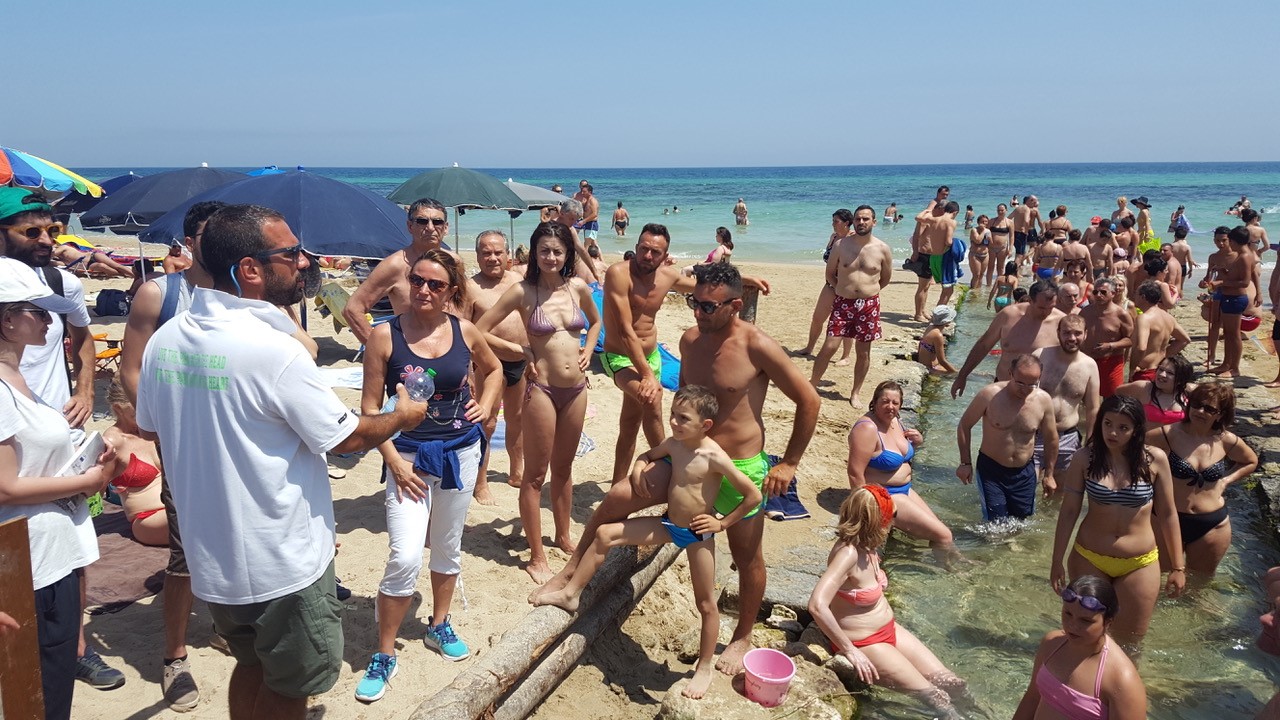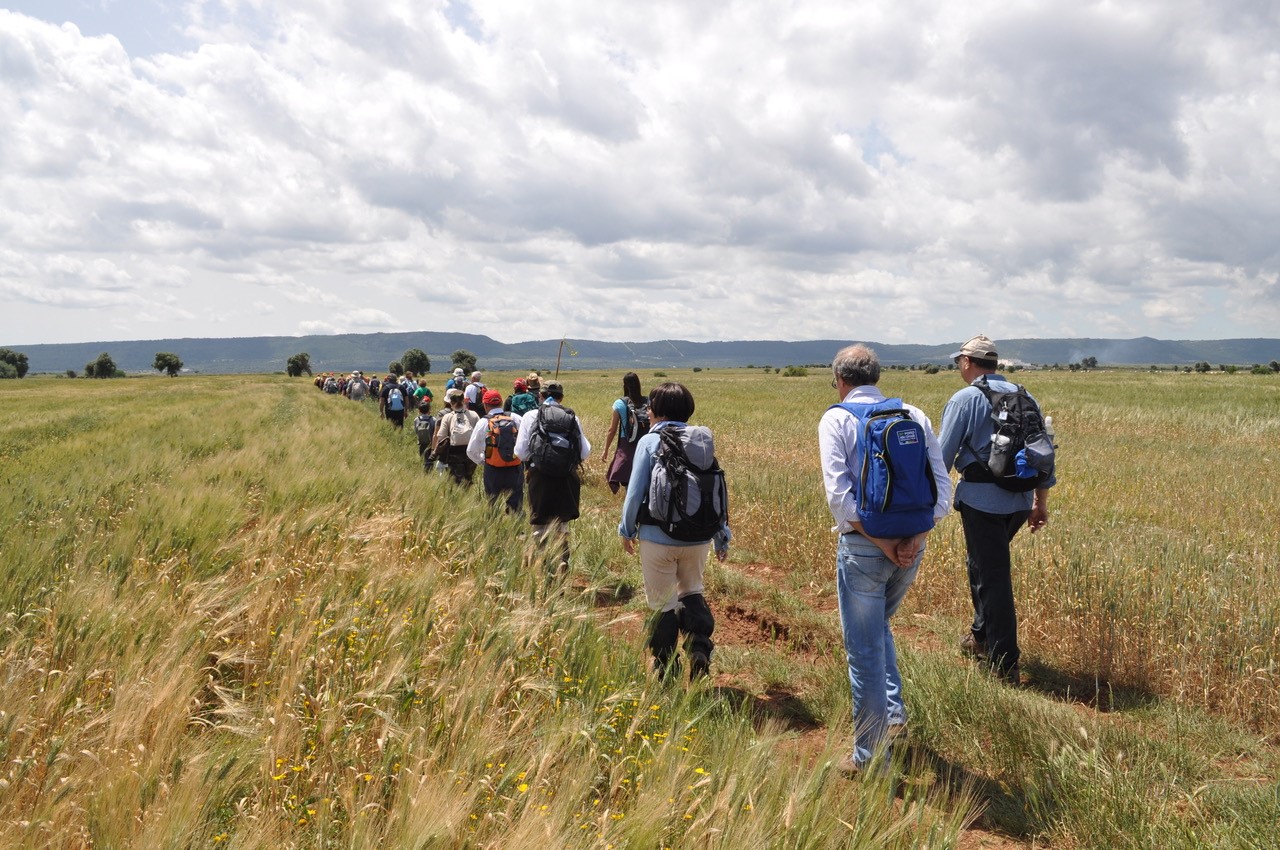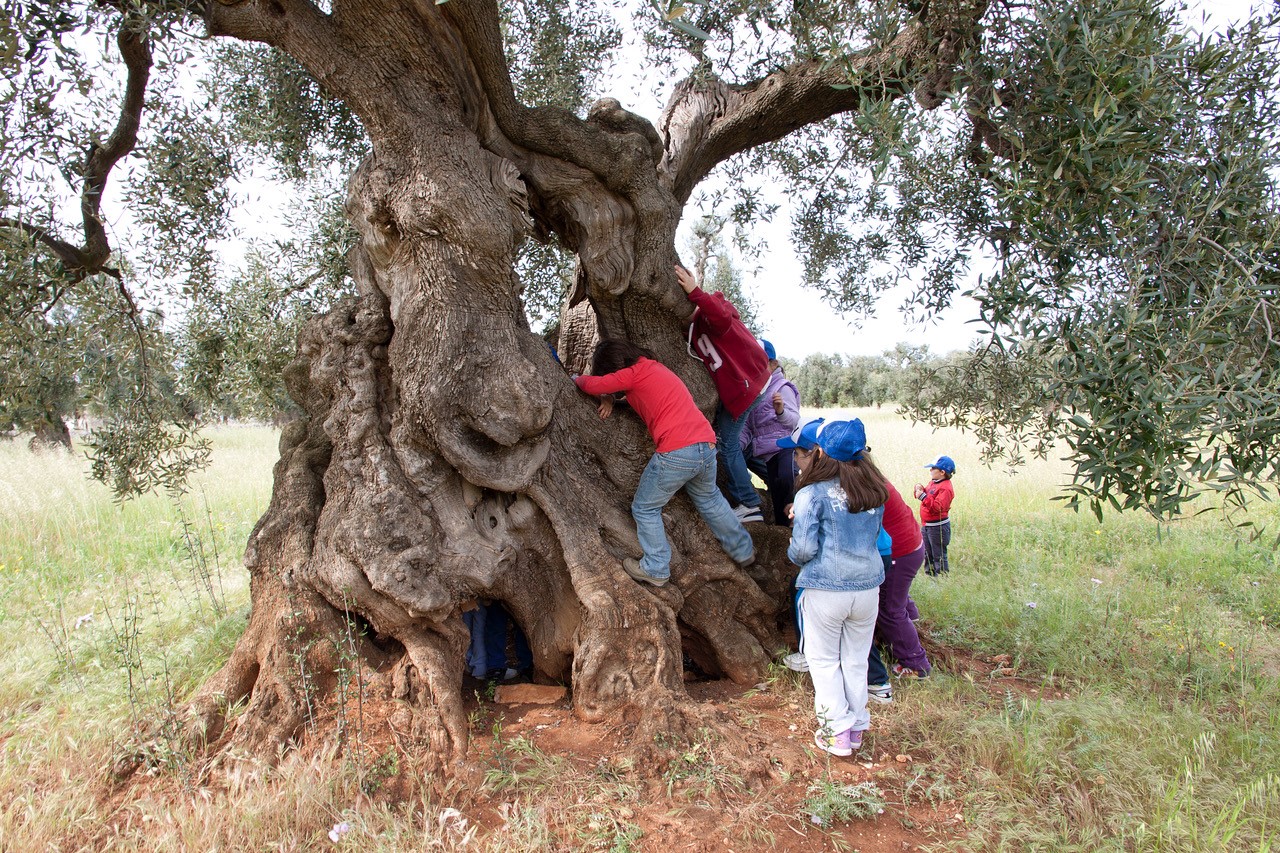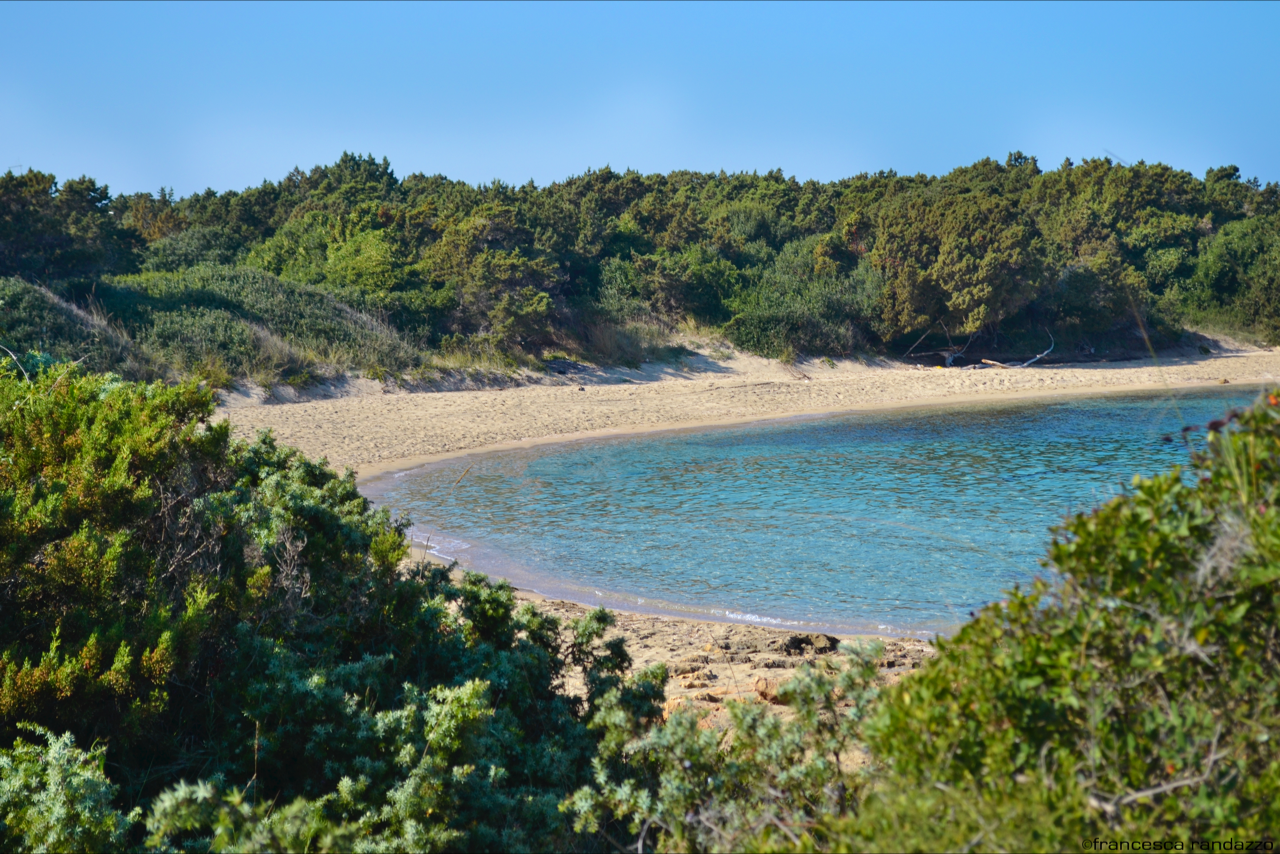Changing attitudes vs engaging partners: experiences from Dune Costiere Park
Changing attitudes towards the territory is one of the hardest tasks for a Park administration… How to develop a sense of shared responsibility? The Dune Costiere Nature Regional Park is currently working with over 40 partners, since the implementation of Charter Part II – Sustainable Partners in Charter Areas. As one of the 1st parks in Italy reaching the second phase of the Charter, we asked the Gianfranco Ciola, Park Director, to share their example and practical recommendations for other Parks.
article issued by Gianfranco Ciola
Changing attitudes vs engaging partners
The implementation of Charter Part II methodology was not particularly difficult since a group of private stakeholders has been collaborating with the Park Authority for a long period of time. Engaging partners is easy when a long-standing relationship has already been established, and strong partnerships with private stakeholders, farmers, and tourists have already been established. Nonetheless, the Charter was a very useful methodology to formalise written commitments and consolidate good local practices of cooperation – between operators and between the Park and the local community.
The biggest challenge was, however, to change the attitudes of local entrepreneurs towards the public administration… so that it would no longer be seen as a mere source of funding, or as an organisation to complain about things that do not work out well.

Educational activity with tourists and locals, Dune Costiere, Italy
There are several critical issues in a protected area that the Park administration should not have the presumption to solve. Those should rather be managed by a wide range of individuals, according to their own competence and approach. Road cleaning and maintenance, environmental monitoring for fire prevention, protection of the most sensitive natural areas that are subject to strong tourist pressure, sustainable beach management, new services for guided activities and its promotion, development of organic farm products and management of the visitors’ centers of the Park are some of these examples.
In this extent, the Charter offered an opportunity to empower farmers, tourism entrepreneurs, and the local community to take action. In fact, responsibility goes hand-in-hand with sustainability. Taking care of a parking area, a cycle track or a dune, or defining in a concerted manner a schedule of events and initiatives by eliminating competition between businesses (difficult in practice) are some examples of what can be done.
Therefore, rather than engaging, the Park aims at strengthening relationships, by creating opportunities for dialogue and conflict resolution, and promote mutual understanding.
Shared responsibility
The implementation of Charter Part II was also an opportunity to find out what services were lacking in the Park, to better legalize some operators and to align existing services with the goals of the Park. While still standing on its founding goals, the Park must give sovereignty to those who live and inhabit a territory: the territory belongs to everyone and thus, everyone must care for it.
Shared and participatory management of a Park is essential, so as to solve critical situations that occur daily. This determines the quality of a territory and makes the difference between a territory governed by a Park and the rest.
The benefit deriving from the implementation of Part II of the European Charter for Sustainable Tourism in Protected Areas is the definition of a common strategy for the development of tourism in the area. Currently, more than 40 companies have the Park logo, including many organic farms and organic Aquaculturists/fish farms. Some operators have understood the importance of legitimacy and have thus converted abusive activities (practiced for over 20 years) into legal activities with VAT, working now in close cooperation with the Park. Many of these companies have been certified with the European Charter for Sustainable Tourism.

Guided excursion in Dune Costiere Nature Regional Park, italy
An “army” of private collaborators have realised that respecting the rules, taking care of a territory and its environmental and cultural values generates a stable/well-founded economy and, above all, improves the quality of life and well-being of people living there.
The financial resources available to the organisation for the management of the protected area are small. Thus, many activities, initiatives, events and small conservation projects are made possible by the contributions made by various actors collaborating with the park authority (associations, tourism companies, farms, schools, etc.). If we were to count all the services provided by park companies, the budget of the Park would actually be three times bigger.
Recommendations for Sustainable Destinations
Everything starts from sharing the tangible experiences related to the management of the Park and tourism activities. A professional training activity for all those who work directly or indirectly in the Park is something all Park Administrations should organise. Experience exchange and study trips are fundamental to strengthen the relations and develop a shared responsibility for the Park.
Be open and avoid being “self-referential”! That is my advice to promote vigorous models of socio-economic development that ensure protection of natural habitats and preserve natural beauty.

Discovering the ancient olive trees in Dune Costiere Nature Regional Park, Italy
In the future, it would be desirable to strengthen the cooperation network between Parks and businesses operating within different Protected Areas. Parks and Entrepreneurs visit other Parks to see how the Visitor Centres work, as well as tourist services, agricultural production, how the economic operators cooperate with each other and with the Park.
Gianfranco Ciola is the Director of the Park Dune Costiery. With a background in agronomy, for the past years he has been actively involved in local development, working for several years in the Local Action Group for the implementation of LEADER Community Initiative Programs.
Dune Costiere is one of the Sustainable Destinations following the methodology of the European Charter for Sustainable Tourism in Protected Areas. The Charter Part II enables Sustainable Destinations better co-operating with their local businesses and community. Learn more about the Park on its website and Facebook page.

Invasive Alien Species: EU launches updated list
The EU Environment has just launched a new brochure about Invasive Alien Species, explaining the origin, spread, impacts & measures for the 49 listed species.
Invasive alien species can easily spread across borders. This is why the EU has adopted a law – the IAS Regulation – to tackle the problem in a coordinated, joint effort across all Member States. The IAS Regulation is fairly young: it entered into force in January 2015. It also implements the EU Biodiversity Strategy to 2020 which sets a specific target to combat the threat of invasive alien species in order to halt the loss of biodiversity and ecosystem services. Download the brochure here
CAP Consultation: results presented in Brussels
The Future of the CAP (Common Agricultural Policy) was the main topic of discussion on 7th July, in the European Commission. At the “CAP have your say“, the results of the 3-months public consultation to the CAP were introduced and the first debate was opened.
The results of both the consultation and the on-the-ground analysis will feed into a Communication on modernising and simplifying the CAP to be published by the Commission later in 2017, which will drive the political debate towards the CAP reform post 2020.
All presentations are now available on the European Commission’s website.
According to the CAP consultation’s results, its is consensual that a Common Policy for Agriculture is still needed, but is clear that CAP is not addressing the environmental challenges. Hence, several NGOs joined the Living Land Campaign to call for a reformed CAP that must be:
- Fair – for farmers and rural communities.
- Environmentally Sustainable – for clean air and water, healthy soil, and thriving plant and animal life.
- Healthy – for good food and the well-being of all people.
- Globally Responsible – for the planet’s climate and sustainable development around the world.
EUROPARC, along with the French Regional Nature Parks and EUROPARC Germany supported the Living Land Campaign, which joined over 250.000 citizens. Environmental challenges, requirements and priorities were indeed part of the debate in the “CAP have your say event”. Moreover, EUROPARC highlighted near the European Commission, best practices from members and experts, especially due to the work of the Sustainable Agriculture Commission.
Save the Date: 10th Charter Network Meeting
9th Charter Network meeting in Vila Nova da Cerveira, Portugal, 2015 - photo by Vitor Sousa
The Charter network meeting is the gathering of Sustainable Destinations awarded with the European Charter for Sustainable Tourism in Protected Areas and is organised every 2 years.
Federparchi – EUROPARC Italy and the Gran Sasso e Monti della Laga National Park will host the 10th Charter Network Meeting, between the 25-28th October.
Following the UN International Year of Sustainable Tourism for Development, and last year’s earthquakes that devastated this Italian Region, the topic of this year will be “Charter for Sustainable Tourism: Working to support recovery and renewal”.

We will honour the local population and businesses, recovering their homes and businesses towards a sustainable destination. We will learn of the new steps in the life of the Charter across Europe, and show how it can work as a support for the renaissance of marginalised and devastated areas.
EUROPARC invites all members and professionals with an interest in the Charter for Sustainable Tourism in Protected Areas to join us in this important meeting. The event will take place in Isola del Gran Sasso.
More information will be shared soon.